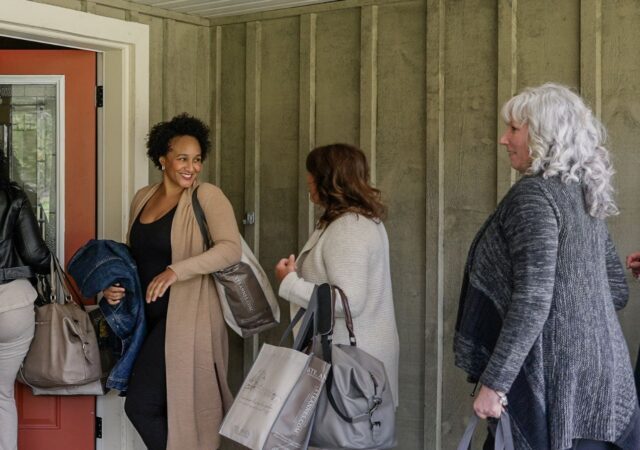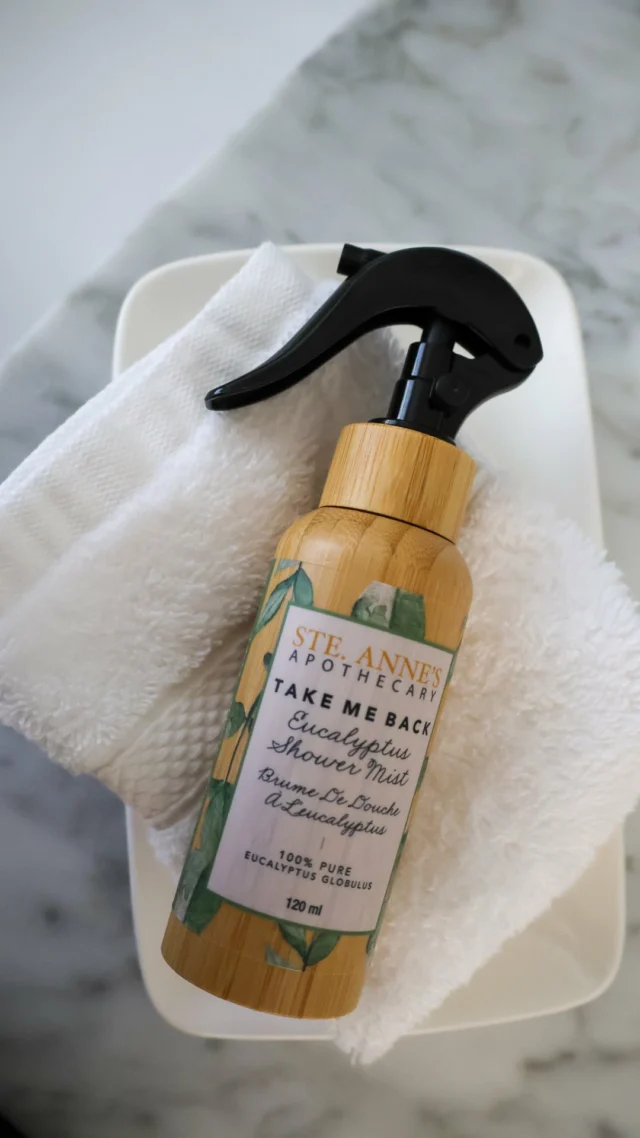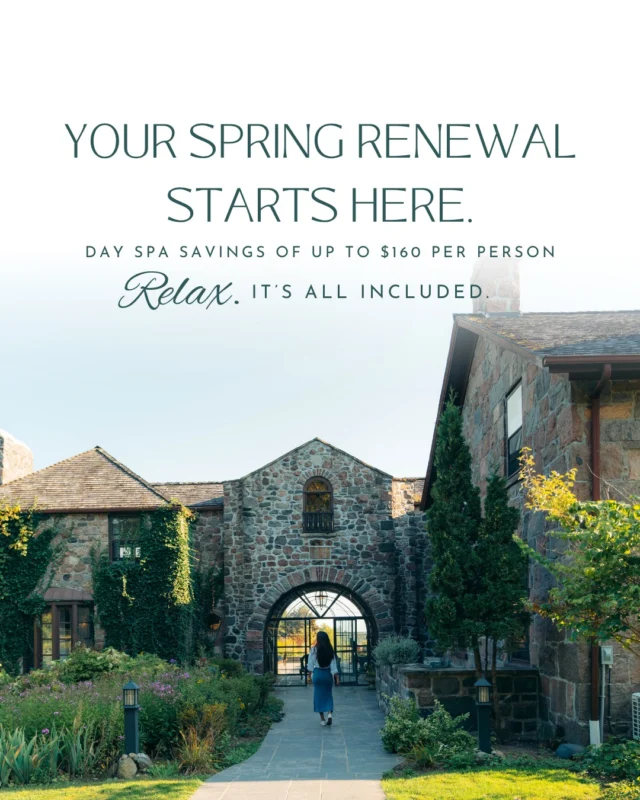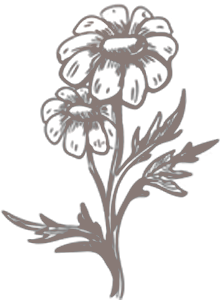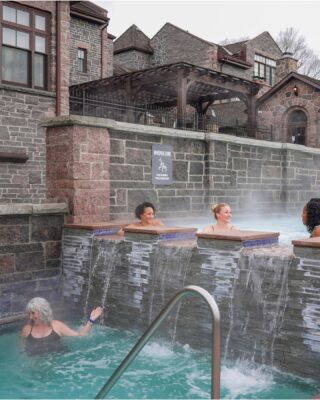Finding Calm in Times of Uncertainty

April is Stress Awareness Month and, coincidentally, many of us are super stressed. Humans crave predictability and right now economic and political turmoil is triggering crippling uncertainty and battering our mental health.
We’re increasingly anxious, according to a new Omnibus Survey. Nearly half of Canadians are experiencing heightened anxiety this spring – rising living costs, trade tensions and global conflicts lead their worries.
Real-time information overload is taking a toll on our well-being. Our brains struggle with the 24/7 onslaught of negative news, posts and pings. While it’s not realistic to avoid the news altogether, preoccupation with the world’s woes is utterly exhausting, sucking positivity and productivity out of our lives.
Easing mental distress requires focussing on your emotional, physical and mental wellbeing and nurturing lifestyle habits that are in your control. Honouring your health through self-care strategies like mindfulness, meditation, movement and maintaining strong social connections can help us better cope with surging stress, and calm your mind, ease worries and lift your overall mood.
Interrupt the downward spiral by disconnecting with your devices and engaging in activities that help you relax and recharge. “Soothe the body. When we can’t control the world around you – focus on your body,” recommends psychotherapist Joshua Peters. Prioritize self-care including regular physical fitness – 30 minutes 4-5 times a week – along with healthy food choices, and relaxing activities including warm baths, massages and proper sleep. Get proper sleep and stay connected to the communities you belong to.
Small efforts at self-care have powerful effects on our overall sense of well-being. Even short and simple activities like a 10-minute mini-stretching break or 5 minutes of deep breathing can provide respite from anxious thoughts and give you a mental reset.
“In times of stress it can be easy to forget the basics of well-being but ensuring we prioritize these tasks first helps bolster us day to day, and energizes us to be engaged in the more difficult and complex tasks of life,” says Peters, director of Clinical Training Programs at the Centre for Interpersonal Relationships.
Combat negative news overload by reducing your intake and prioritize the issues that are most important to you, says Peters. Ideally contain your intake of news to a specific time of day for about 30 minutes, and then go about your day
“This isn’t an avoidance strategy but instead a recognition that our minds have only evolved to take in so much negativity at once. Take small (and sometimes large) actions on specific topics that are important to you,” says Peters. This could be as simple as choosing to buy Canadian or supporting a business that aligns with your values.
Connect and talk with others who share your concerns. Discuss with each other actions you can take together in solidarity to reduce feelings of isolation and loneliness.
Seek out multiple perspectives on topics. All too often, we get caught in “echo chambers” within the news and hearing other options gets lost in the process, says Peters. Learning about how others make sense of situations can help us better understand our own.
“Try your best to understand how opposing sides may themselves be trying their best to survive even if their motives appear nonsensical. This type of reflection isn’t meant to excuse the actions of others, but it can help create better understanding. Most often it leads to greater empathy, compromise, and more creative solutions.”
By setting boundaries with the news, practicing self-care and compassion, and connecting with your community, you can build resilience and find some calm in the chaos.
***
Meanwhile, sometimes the best coping mechanism to deal with uncertainty is distraction and some soothing self-care away from it all. Rather than retreating into isolation, get away with your bestie for a day or an overnight healthy getaway.
At Ste. Anne’s you can focus on what you can control for greater joy, connection and well-being. Book a healing therapeutic body treatment. Eat healthy food, sleep deeply, get outside and explore a beautiful place – these are all natural and effective stress-relievers and anti-anxiety treatments. Wellness activities like yoga, meditation and circuiting through our meditative hydrotherapy pools heal the mind, body and soul.
Maintaining strong social connections promotes health and balance. Research shows that when we spend time with people we like and trust, our body releases more happy hormones and we feel calmer and more contented, we feel less fear and stress, and we feel more focus and energy.





